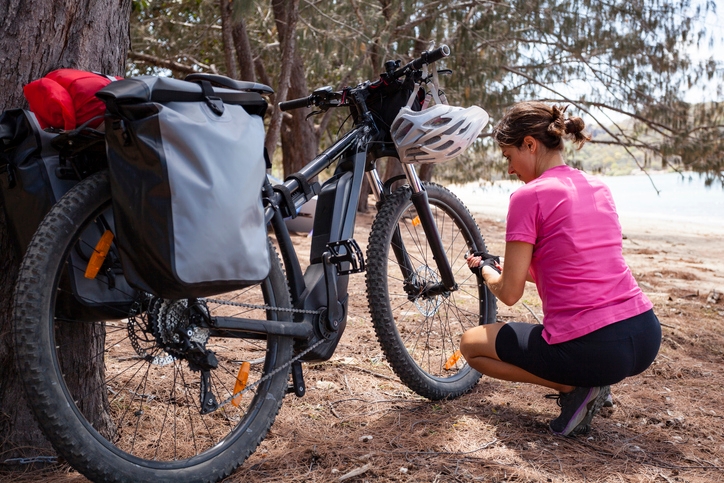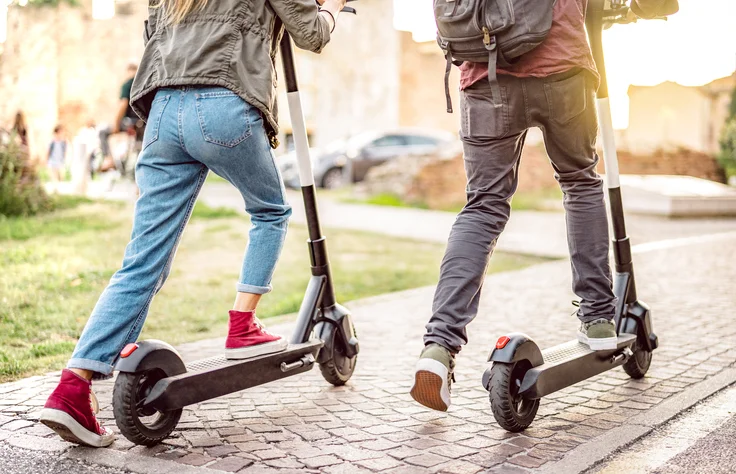Discover
Best Electric Bikes: NZ Buying Guide
It's time to put down the car keys and get on an e-bike! All the reasons we used to avoid cycling are gone.

Types of electric bikes
1. Front hub motors
2. Rear hub motors
3. Mid-drive motors
Top electric bike brands NZ
1. Giant e-bikes
2. Sinch e-bikes
3. Trek e-bikes
4. Specialized e-bikes
5. Meloyelo e-bikes
6. Scott e-bikes
7. Yamaha e-bikes
8. Avanti e-Bikes
Other features to consider
Battery life, charging and expected range.
Power up your ride
Author
Other articles you might like





